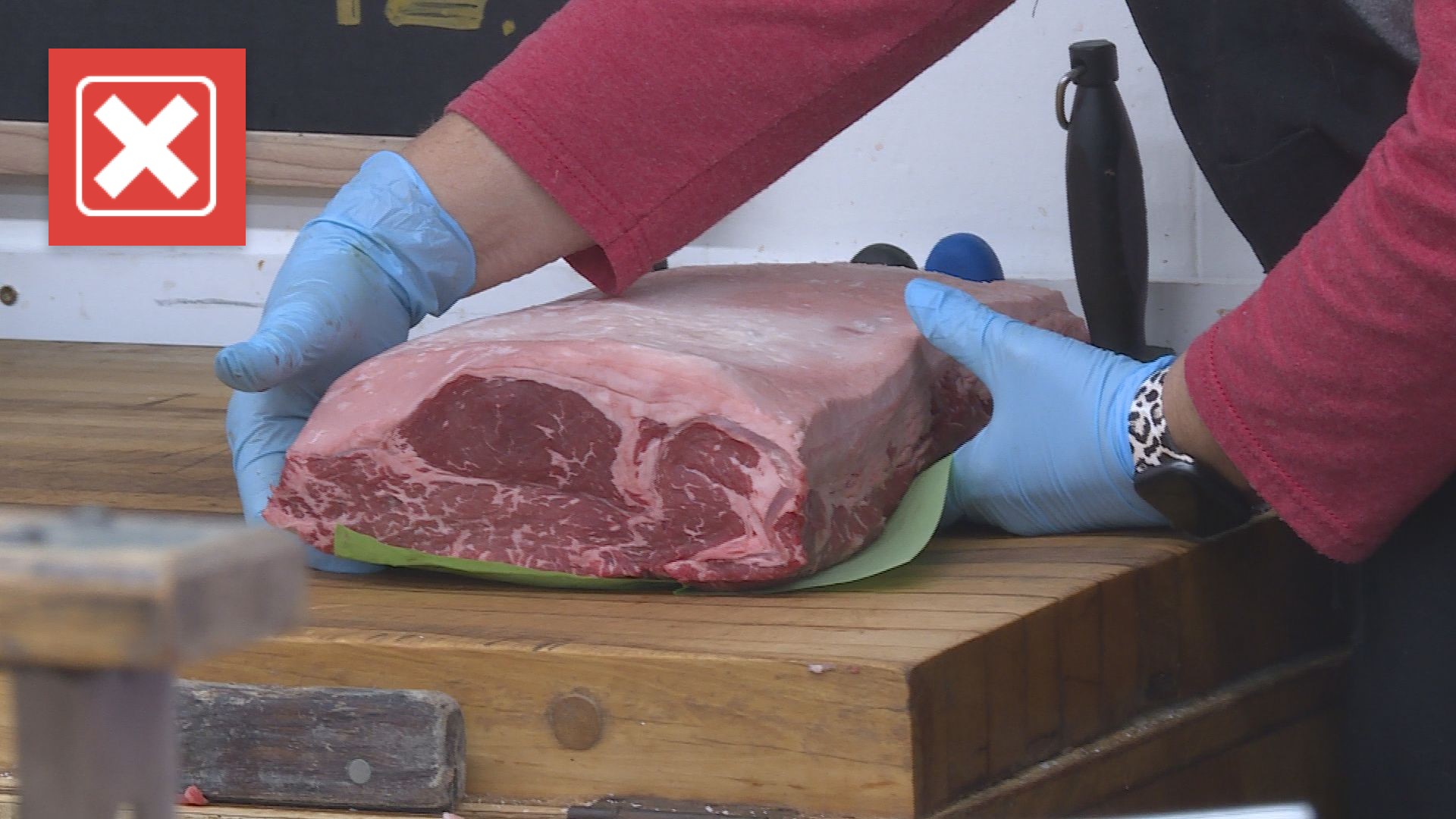WASHINGTON — There will be no official "designated survivor" for President Joe Biden's first major address to Congress on Wednesday.
White House Press Secretary Jen Psaki confirmed that most of the cabinet will not be attending the speech in person, due to COVID-19 safety protocols, so there was no need for a "designated survivor."
The "designated survivor" tradition dates back to the Cold War, according to the Constitution Center. It typically calls for a member of the president's cabinet to be absent from the State of the Union, inaugurations, and presidential speeches to joint sessions of Congress in case a catastrophic disaster strikes the U.S. Capitol.
“There does not need to be a designated survivor because the Cabinet will be watching from their offices or home, but they will not be joining him for the speech,” Psaki said Tuesday.
Vice President Kamala Harris, House Speaker Nancy Pelosi, Senate President Pro Tempore Patrick Leahy, Secretary of State Antony Blinken are all expected to attend Biden's speech, so Treasury Secretary Janet Yellen would wind up being the de facto designated survivor as the next person in the line of succession.
While a spokesperson for Leahy told multiple outlets the Democratic senator plans to attend the speech, Leahy told reporters Tuesday he still has "got to think about" whether he'd attend, saying that if he didn't go to the speech he'd be next in line for succession.
Due to COVID protocols, Chief Justice John Roberts is the only member of the Supreme Court who was invited to Wednesday’s speech. He plans to attend, court spokeswoman Kathy Arberg said.
House Speaker Nancy Pelosi invited Biden to the chamber to “share your vision for addressing the challenges and opportunities of this historic moment.” Presidents don’t deliver a State of the Union address to Congress until their second year in office.
The joint session is designated as a “national special security event,” which clears the way for communication, funding and preparation between multiple agencies in Washington, including the Capitol Police, Pentagon, Homeland Security and District-area police. Other such events are the State of the Union, the Super Bowl and the Democratic and Republican National Conventions.
The Associated Press contributed to this report.

